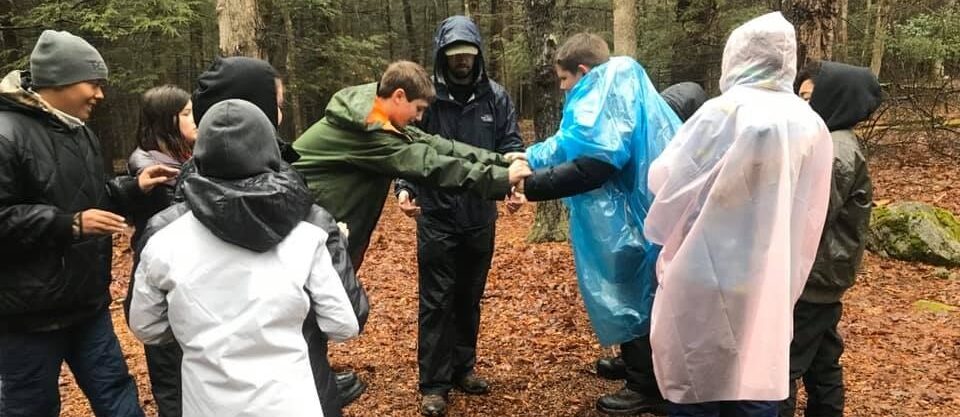By Dr. Michelle CarneyRay-Yoder
Use Renaissance to Meet Social and Emotional Learning Goals
As we move into 2020, it is essential to reflect on who our students are today. We need to think of our students as individuals, along with what they need to be successful. We are looking to expand beyond the 6 R’s of Renaissance and look at the 6th R, relationships. Those relationships with our students need us to focus on physical health in addition to their Social and Emotional wellness, known as the educational acronym SEL (Social and Emotional Learning).
The definition of SEL, according to the Collaborative for Academic, Social, and Emotional Learning (CASEL), is “how children and adults learn to understand and manage emotions, set goals, show empathy for others, establish positive relationships, and make responsible decisions.” To effectively target the needs of our students, it is imperative with your climate and culture team to identify critical considerations of expectations along with the quintessential goals of the following areas:
- Self-Awareness
- Self-Management
- Social Awareness
- Relationship Skills
- Responsible Decision-Making
As you develop your expectations for your students under the umbrella of the Jostens Renaissance formula, it is vital to wrap your SEL around Renaissance: What we Respect, Recognize, Reward, and Reinforce with Relationships will get Results.
Looking more careful at ideas to implement within your district, let’s take a look at the other 5 R’s and ideas to work into a plan for SEL and Renaissance intiatives.
RESPECT:
- Respect their peers and when they have a conflict, allow for peer mediation to help them face their concerns head-on and re-establish relationships.
- Strengthen SEL among adults by hosting activities and realizing the adults serving our students need Social and Emotional Learning.
- Sustain a culture of kindness and love within your schools.
- Allow students to talk about their concerns or issues.
RECOGNIZE:
- Students can recognize when they are having a difficult time emotionally and use relaxation techniques, take a break by a short walk, or other methods to get themselves back in control of their emotions.
- Build awareness about SEL in your schools and community.
- Teach students to recognize when they are having conflicts with peers and what steps to take to resolve the issue.
REWARD:
- Promote your program among students and create a reward system that promotes making positive decisions and taking care of your Social and Emotional Learning.
- Have students role-play situations and model these situations for their peers.
- Allow students to pick the game that they class will play, sit with a friend, to choose other reinforcement for positive behavior. You can create rewards via a choice board in conjunction with a token economy system.
- Allow students to earn leadership roles for their positive impact on peers and in class.
REINFORCE:
- Create opportunities for students to check in and make sure they are on track for the day.
- Take advantage of teachable moments when moving throughout your lessons.
- Work with students on working in groups along with partners.
- Create anchor charts or posters with different topics to help them problem solve.
- Give them new words to say, such as “We can learn from each other,” instead of “he/ she is smarter than me.”
- Create buddy systems between younger and older classes.
- Create classroom jobs.
- Assign a mentor to a student in need of coaching.
Your Jostens Renaissance team will see RESULTS right away in meeting your students where they are and providing them the supports to help them through each day.
Data is a word that is prevalent within the education world. While you might not see immediate academic achievements, you will see immediate results in the relationship between your Staffulty and their students, fewer behavioral issues, and a desire by your students to “show up” daily because they see that connection with the children in the classrooms. This connection, often the missing piece, will also impact morale among the Staffulty. It is a win-win for the district, your Renaissance team, the Staffulty, and ultimately the most important people in our daily vocation, our students.
ADDITIONAL RESOURCES/ LINKS
10 Team-Building Games That Promote Critical Thinking.
Classroom Management Anchor Charts
8 Phrases That Nurture Growth Mindset
CITATIONS
The Collaborative for Academic, Social, and Emotional Learning (CASEL) , 2/2/2020, https://casel.org/
The Center on the Social and Emotional Foundations for Early Learning (CSEFEL), referenced 2/1/2020, http://csefel.vanderbilt.edu/.

